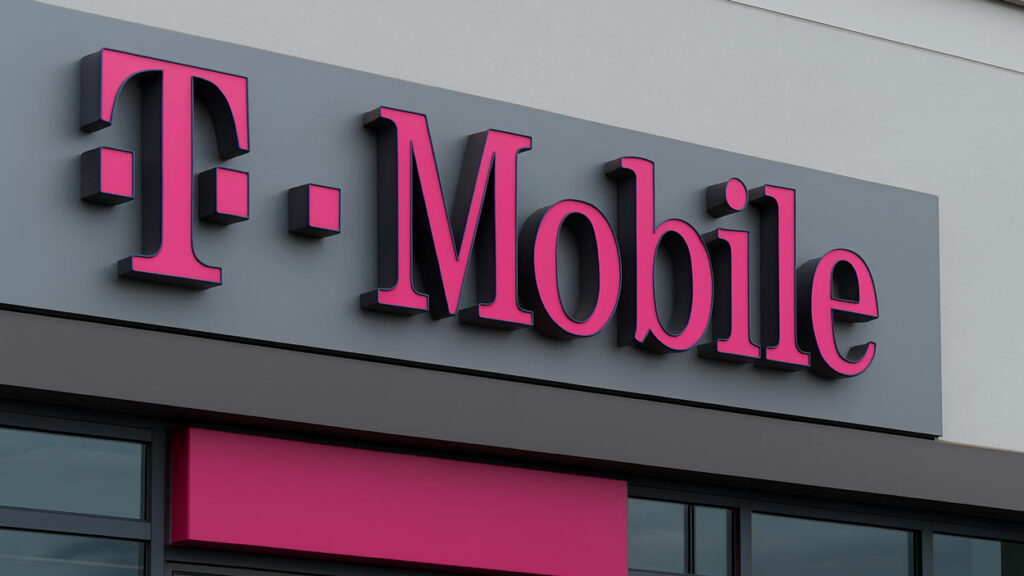The FCC has officially approved T-Mobile’s $4.4 billion purchase of US Cellular’s wireless operations, paving the way for a major industry shift.
Quick Summary (TLDR):
- T-Mobile acquires 4.5 million customers through its $4.4 billion deal with US Cellular.
- The purchase includes a third of US Cellular’s spectrum and key wireless assets across 21 states.
- The FCC approved the deal, while the Justice Department chose not to oppose it.
- Concerns are rising about industry consolidation and reduced competition, especially in rural markets.
T-Mobile just scored a massive win from the FCC, locking in its $4.4 billion deal to buy up big pieces of US Cellular. That means millions of new customers, more spectrum, and a firmer grip on rural America. But not everyone’s celebrating. This deal is making waves for what it says about the shrinking number of players in wireless.
T-Mobile Locks in FCC Approval for $4.4 Billion Deal
The Federal Communications Commission has greenlit T-Mobile’s acquisition of a substantial portion of US Cellular’s wireless operations, finalizing a transaction first proposed in 2024. The deal is valued at $4.4 billion and includes 4.5 million customers as well as a third of US Cellular’s spectrum assets across 21 states, many of them rural.
Under the agreement, T-Mobile will also absorb approximately $2 billion of US Cellular’s debt. The companies say the deal will expand network coverage, improve 5G performance, and accelerate service rollouts in underserved areas.
US Cellular’s Role Shrinks as Industry Consolidates
The transaction marks a significant turning point for US Cellular. While the company will retain 70 percent of its spectrum holdings and keep control of about 4,400 towers, its direct wireless business will be sharply reduced. The decision to sell follows a strategic review process initiated in 2023 by US Cellular and its parent company, Telephone and Data Systems, which holds roughly 83 percent ownership.
This shift underscores the ongoing consolidation in the wireless sector, where the “Big Three” Verizon, AT&T, and T-Mobile now dominate after decades of mergers and acquisitions. T-Mobile’s absorption of MetroPCS in 2013 and Sprint in 2020 set the stage for this latest expansion.
DOJ Stands Aside, But Market Worries Linger
Although the Department of Justice did not block the deal, its antitrust division voiced concern about the industry’s direction. Smaller providers are finding it increasingly difficult to compete, and with each new merger, consumer choices in many regions continue to shrink.
Lawmakers and consumer advocates are especially worried about the implications for rural markets, where fewer providers mean higher prices and limited service options.
Spectrum, Satellite, and Fiber: T-Mobile’s Bigger Strategy
T-Mobile’s purchase gives it access to critical low-band and mid-band spectrum ideal for robust 5G deployment, especially in places where fiber internet is still unavailable. The move aligns with a broader expansion strategy that now includes:
- A joint venture with KKR & Co. to acquire fiber-optic company Metronet
- A $3.1 billion satellite merger between SES SA and Intelsat SA, recently approved by the FCC
- The upcoming launch of T-Satellite messaging on July 23, powered by SpaceX’s Starlink, which will allow basic messaging via standard smartphones in remote areas
Together, these initiatives show T-Mobile’s intent to diversify its infrastructure and reach beyond traditional wireless boundaries.
TechKV’s Takeaway
I think this deal is a clear signal that T-Mobile is not just playing catch-up anymore it’s sprinting ahead. Grabbing 4.5 million customers and beefing up its spectrum portfolio gives it a serious edge, especially in rural markets where competition has been thin. But here’s the flip side: we’re now down to just a handful of real competitors in the wireless game. That’s not great news for consumers who want options or fair pricing. Let’s be honest, the market is starting to feel like a closed club, and that’s always worth watching.
